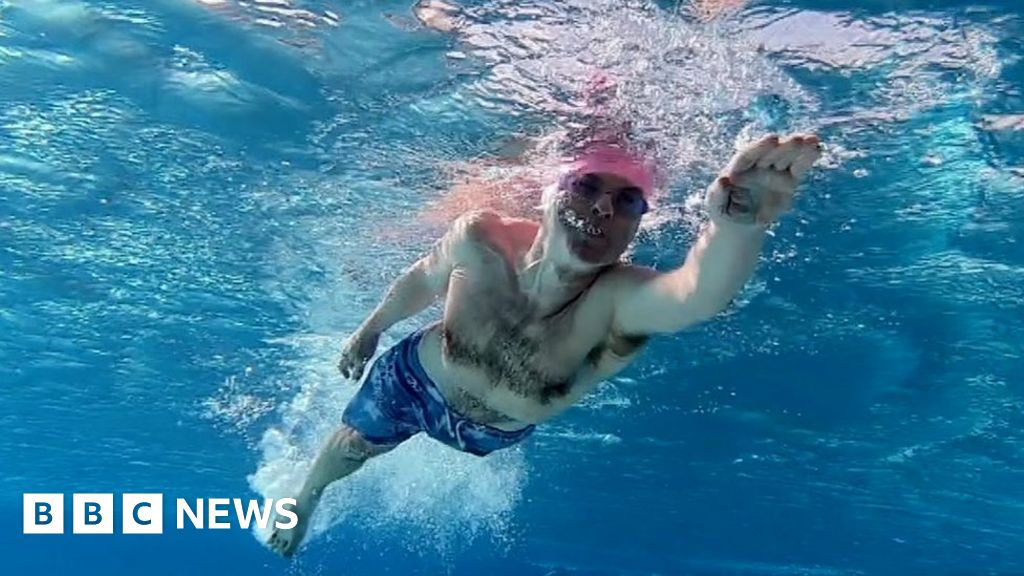Swimmers at a London lido aid understanding of what cold does to the body.
www.bbc.co.uk
The Cambridge dementia team discovered the "cold-shock chemicals" that trigger the process in 2015.
They cooled ordinary mice, and mice with Alzheimer's disease and prion (neuro-degenerative) disease, to the point where they became hypothermic, which means their body temperature was below 35C.
On re-warming, they found only the ordinary mice could regenerate their synapses; the Alzheimer's and prion mice could not.
At the same time, they found levels of a "cold-shock" protein called RBM3 soared in the ordinary mice, but not in the others.
It suggested RBM3 could be the key to the formation of new connections.
They proved the link in a separate experiment which showed brain cell deaths in Alzheimer's and prion disease could be prevented by artificially boosting RBM3 levels in mice.
... But the risks associated with getting cold outweigh any potential benefits, so cold water immersion is certainly not a potential dementia treatment, she says.
The challenge now, she says, is to find a drug that stimulates the production of the protein in humans and - more important still - to prove it really does help delay dementia.




